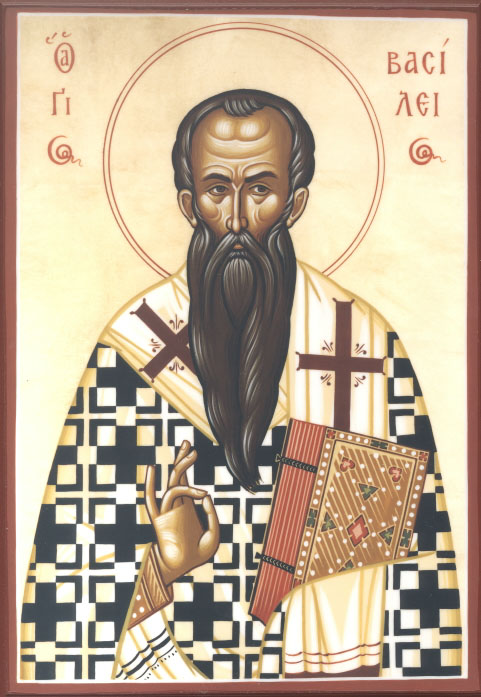
Today we remember Basil the Great, the Eastern Saint who was central in protecting the doctrine of the trinity and the divinity of Christ. You can read a brief history of Basil here. Lately I have been struck with the commitment of men like Basil for the cause of Christ. In reading church history, and stories like Basil's, I wonder if commitment looks different for those that follow Christ today. For example, Basil not only dedicated his life to Christ, but to expressing that life through the monastic order that he participated in. This life seems more disciplined and deliberate than the average disciple in our church today. Setting aside sleep, food, and personal desires as a regular part of life was a norm for men like Basil. Study, prayer, and works of compassion ribboned every day life. I wonder if discipline is as highly revered today as it was then. There are those who still live the monastic life and in many ways their life looks like Basil's. And maybe this type of life is typical of monks, but not to be expected of those outside the walls of the monastary. I think some of that thought is true, but part of me thinks that it shouldn't be. Maybe we have lost the love of discipline in the Christian life. I know there has been a movement in recent times to recapture the place of spiritual disciplines in the life of the Christian. Those like Richard Foster have led this cause, bringing attention to the need for spiritual disciplines. My focus is not on the recent movement, but on why as individuals this is so difficult. Is it more difficult to live with purposeful spiritual orders in our time than in Basil's? What does it mean to live a "disciplined" Christian life? I am good at rasing questions, with out having the answers. |